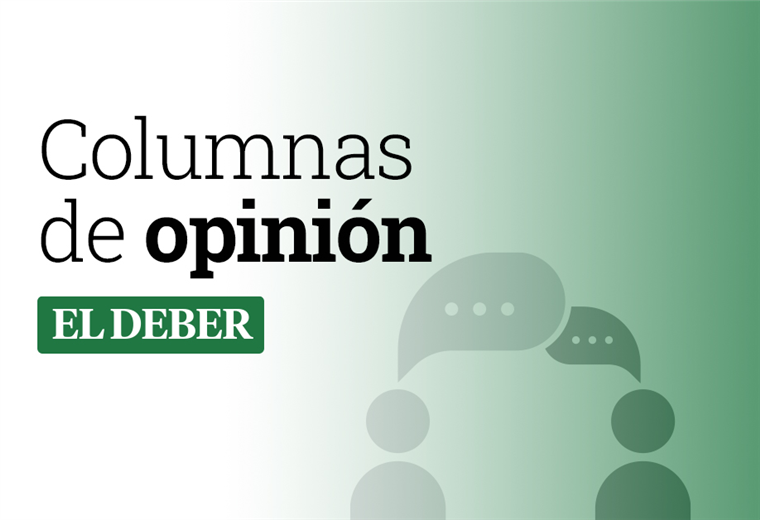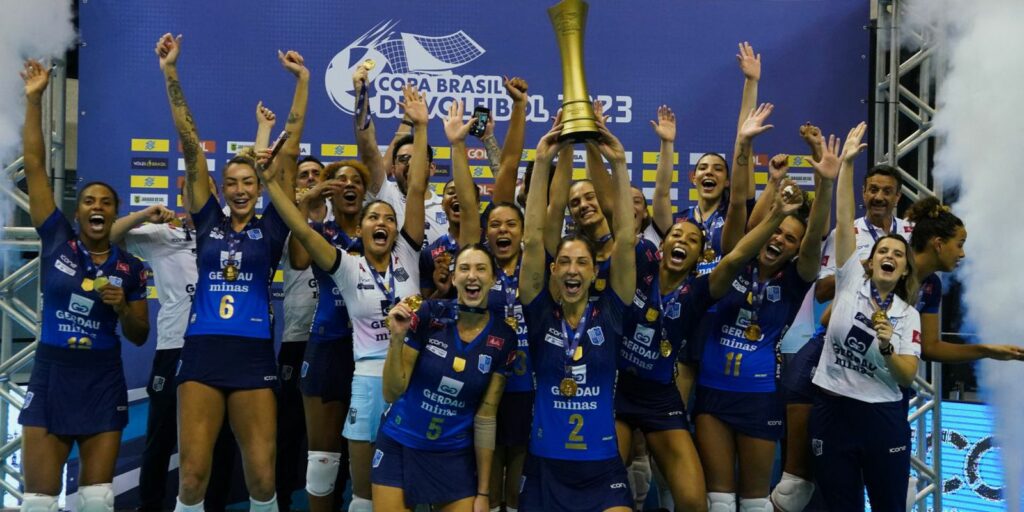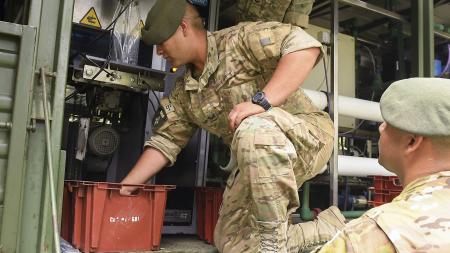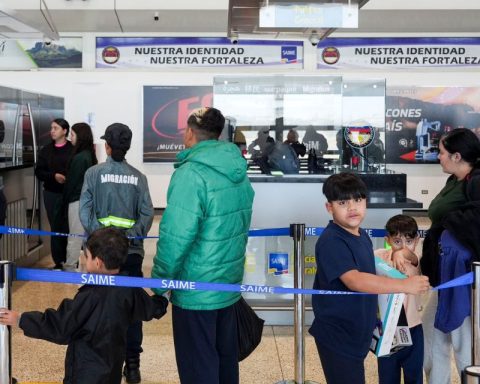March 8, 2023, 4:00 AM
March 8, 2023, 4:00 AM
The gap in access to digital tools and services tends to be larger for women with low literacy or low income, those living in rural or remote areas, migrants, women with disabilities and older women.
Less than a third of jobs in the technology sector are held by women. 21% of women face a gender pay gap, while 48% of women in the sector have suffered workplace harassment.
In 2020, only 2% of global venture capital funding was invested in startups founded solely by women. Only 28% of those who graduate in Engineering and 22% of those who work in artificial intelligence worldwide are women. A global analysis revealed that 44.2% of 133 AI systems were gender biased, and 25.7% were both gender and racially biased.
A survey of women journalists from 125 countries revealed that 73% had experienced online violence in the course of their work, and 30% reported that they self-censored to avoid these attacks.
This situation is grave and urgent, affects all women and girls on the planet, and requires effective action on the part of States, international organizations, civil society, and the private sector.
For this reason, it will be a priority during the sessions of the Commission on the Legal and Social Condition of Women (CSW), which is the highest body within the United Nations structure to evaluate progress in gender equality. and empowerment of women around the world.
During its annual session, representatives of Member States, civil society organizations and United Nations entities meet for two weeks at the United Nations headquarters in New York to assess progress and gaps in the implementation of the 1995 Beijing Declaration and Platform for Action.
This year, in its 67th session, the CSW takes place against the backdrop of the post-COVID-19 pandemic, which has highlighted the gap for women and girls in access to digital spaces and skills and reinforced the dangers to those confronted by online violence.
This meeting, from March 6 to 17, represents a unique opportunity to address the challenges and possible strategies to act on the gender gaps in technology and innovation to shape a future in which social norms and empower women and girls, accelerating compliance with the 2030 Agenda and the Sustainable Development Goals.
For the first time in the history of the CSW, there will be official participation of young people in dialogues with ministerial authorities and decision-makers, opening a space for their voices to be heard at the highest level and for their contributions to influence the outcome of the CSW. the meeting.
The Technology and Innovation Action Coalition, launched as part of the Generation Equality Forum, is key to driving commitments to advance gender equality through technology and innovation, and to cementing alliances between governments, the private sector , civil society and the United Nations system.
From UN Women we ask governments to include the gender perspective in the design of public policies that allow the elimination of barriers that prevent women and girls from accessing the digital world in a safe and equal manner.
We also propose that the public and private sectors fund gender analysis and interventions in all digital policies and programmes, research grants and public procurement.
Anticipating future employment and skills needs, prioritizing gender-sensitive labor and employment policies, and supporting labor regulations and protections, among other measures, are also essential to help transform innovation ecosystems.
We call for women to be treated as technology creators and decision-makers and included equally in the design, development and deployment of technology to better meet the needs of women and girls and benefit the whole of society. society.
Equally, it is important to ensure that digital platforms and companies prioritize the prevention and elimination of technology-enabled violence against women and girls, through human rights-based approaches to design, safeguards and investment.


















